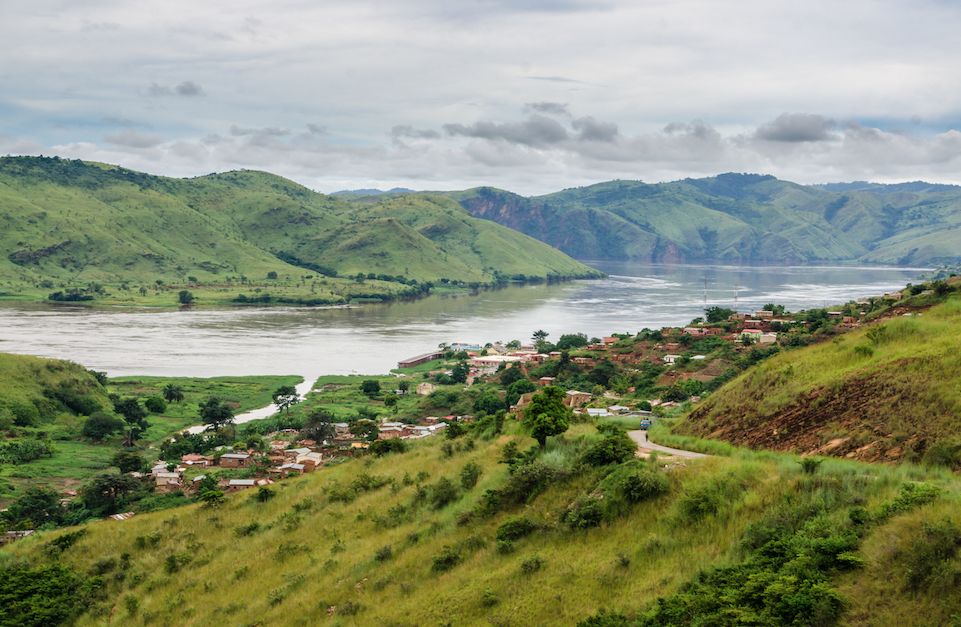Europe lines up African minerals pacts to ease reliance on China

The European Union is finalizing partnerships with the Democratic Republic of Congo and Zambia to boost local industries as the bloc competes with China to secure critical materials for the green and digital sectors.
A planned memorandum of understanding will signal to both governments and the private sector the EU’s backing for developing local value chains given that a big part of the processing of critical materials, including lithium or cobalt, currently takes place in China, people familiar with the matter said.
The EU is aiming to diversify suppliers of key resources and to counter China’s massive infrastructure investments in regions including Africa. The bloc has signed similar deals with Canada, Kazakhstan, Namibia, Ukraine, Argentina and Chile, and is also exploring accords with Rwanda and Uganda.
The EU plans to sign the partnerships during a forum of the Global Gateway, the EU’s €300 billion ($317 billion) investment program, in Brussels on Oct. 25-26, said the people who asked not to be identified because the discussions are private. The meeting will bring together leaders from the EU, other countries and European business executives.
The talks with Congo followed a visit to Kinshasa in March by French President Emmanuel Macron and European Commissioner Thierry Breton, according to Andre Wameso, the deputy chief of staff for economic matters for Congolese President Felix Tshisekedi.
“The EU wishes for a partnership for strategic primary materials, which the DRC accepted,” Wameso said in a text message. A Zambian official did not immediately reply to a request for comment.
These agreements will facilitate access to critical materials and will be part of the EU’s broader effort to develop the strategic Lobito/trans-Africa corridor, a railway project to connect Angola, the DRC and Zambia to allow for shipping raw materials and minerals across the Atlantic.
Congo is the world’s largest cobalt producer, and it vies with Peru as the second-largest producer of copper, thanks largely to a surge in Chinese investment in recent years. Zambia is also a key copper producer, and western governments have been seeking to strike alliances with both countries to challenge China’s dominance in critical minerals supply chains.
Blinken deal
US Secretary of State Antony Blinken last year signed a memorandum of understanding with Congo and Zambia to explore ways to support their plan to develop an electric-vehicle value chain together.
The EU and the US announced on the margins of the Group of 20 summit in New Delhi earlier this month their commitment to explore cooperation in transport infrastructure investments, trade facilitation measures, inclusive and sustainable economic growth and capital investment in the three countries of the Lobito/trans-Africa corridor.
As a first step, the EU and the US will support initial studies for the construction of the new Zambia-Lobito railway line from eastern Angola through northern Zambia.
“Our partnership will also invest in local value chains, in clean energy and in skills for the local workforce,” Ursula von der Leyen, head of the European Commission, said in New Delhi. “It is a whole new approach to large infrastructure investment.”
(By Jorge Valero, with assistance from Matthew Hill, Mark Burton and Michael J. Kavanagh)
Read More: Climate targets threatened by lack of mining investment: McKinsey
More News
Contract worker dies at Rio Tinto mine in Guinea
Last August, a contract worker died in an incident at the same mine.
February 15, 2026 | 09:20 am
{{ commodity.name }}
{{ post.title }}
{{ post.date }}




Comments